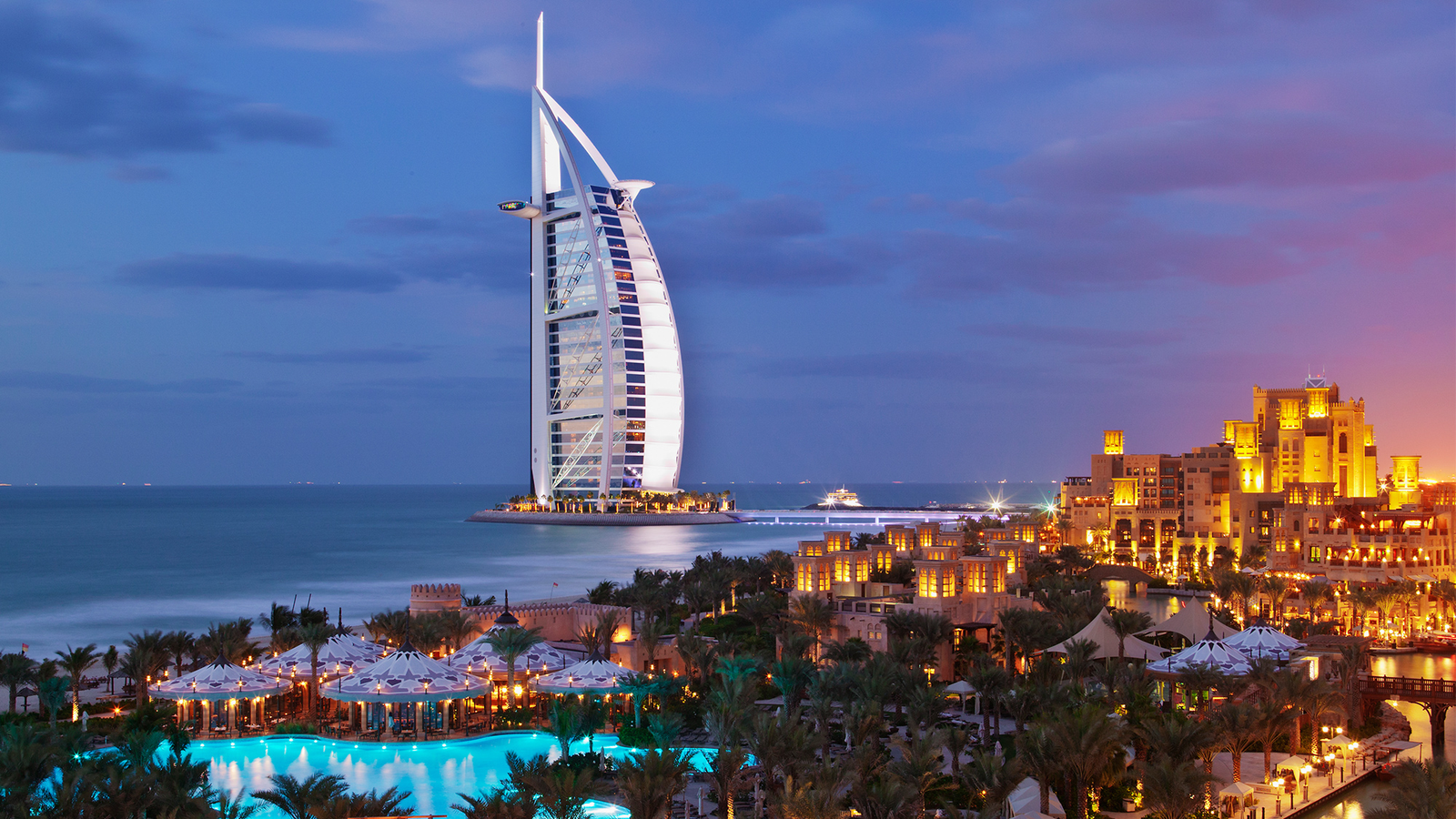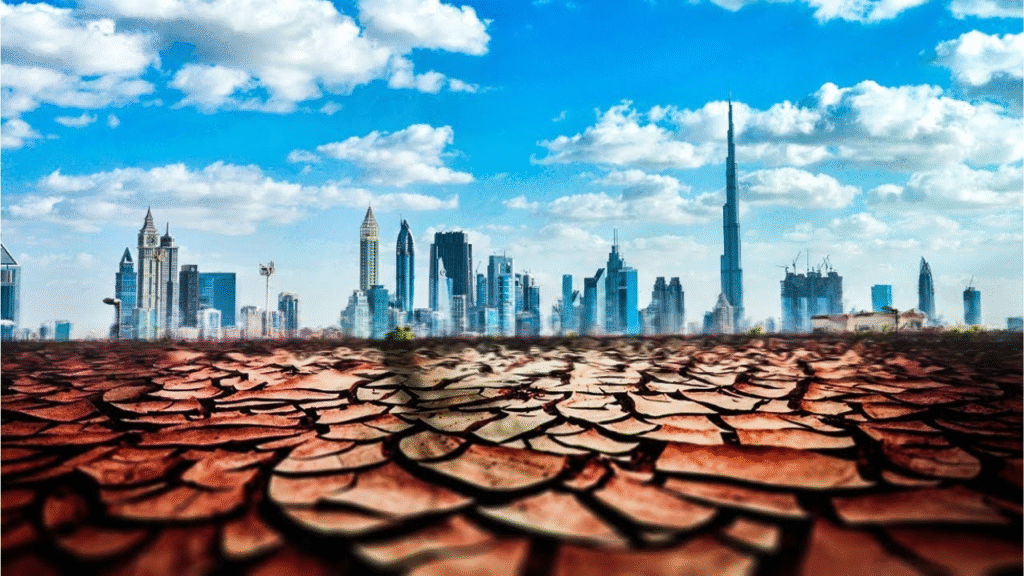
The United Arab Emirates UAE faces a unique challenge: despite being one of the wealthiest countries in the world, it has extremely limited natural freshwater resources. With its harsh desert climate, minimal rainfall, and growing population, water scarcity has become a pressing issue. To ensure sustainable water supply, the has heavily invested in desalination technology, turning seawater into a reliable source of potable water.
Freshwater scarcity in the UAE is not a new problem. The country receives less than 100 millimeters of rainfall annually, and natural water sources like rivers and lakes are almost non-existent. Groundwater, though present, is limited and at risk of overuse. This has made desalination a key solution for ensuring water security.
Desalination is the process of removing salt and impurities from seawater to make it safe for human consumption and agricultural use. desalinated water accounts for more than 90% of the country’s drinking water supply, highlighting its crucial role in daily life, industry, and urban development.
The UAE has been at the forefront of adopting advanced desalination technologies. Some of the largest desalination plants in the world are located in Abu Dhabi and Dubai. Notable projects include:
These plants not only meet domestic needs but also support industrial zones, agriculture, and tourism infrastructure, ensuring the country’s rapid growth does not strain water resources.

The UAE is continuously exploring innovative technologies to make desalination more sustainable and cost-effective. Traditional methods, like multi-stage flash, require significant energy, often from fossil fuels. To reduce environmental impact, the UAE has started integrating renewable energy into desalination processes.
For instance, solar-powered desalination plants are being piloted to reduce carbon emissions while producing clean water. Reverse osmosis, a more energy-efficient method, is now widely used across the country. Researchers are also exploring hybrid systems combining multiple technologies to maximize output while minimizing energy consumption.
Desalination, while essential, comes with environmental concerns. The process generates brine, a highly concentrated salt byproduct, which can affect marine ecosystems if not managed properly. Recognizing this, the UAE has implemented strict environmental regulations for brine disposal. Advanced brine management systems and studies on seawater dilution help reduce the impact on marine life.
Furthermore, energy consumption in desalination contributes to carbon emissions. By integrating renewable energy sources, such as solar and nuclear power, the UAE aims to reduce the ecological footprint of desalination while maintaining reliable water supply.

Desalination alone cannot address water scarcity. The UAE has also focused on reducing demand through conservation measures. Initiatives include public awareness campaigns, efficient irrigation techniques for agriculture, and smart water management systems in urban areas.
Additionally, the country has invested in wastewater treatment and reuse. Treated wastewater is now commonly used for landscaping, industrial purposes, and cooling systems, reducing pressure on freshwater supplies.
Looking ahead, the UAE government has set ambitious targets for sustainable water management. Plans include expanding desalination capacity, integrating more renewable energy, and adopting smart technologies to monitor water usage across cities. These efforts aim to ensure that future generations continue to have access to clean and reliable water.
The UAE’s water desalination efforts are not only critical for the country but also serve as a model for other arid regions facing water scarcity. By combining advanced technology, renewable energy, and environmental management, the UAE demonstrates how nations can address water challenges while supporting economic growth.
Experts worldwide closely watch UAE’s initiatives, particularly in areas like solar-powered desalination and hybrid systems. These innovations could be replicated in countries across the Middle East, Africa, and Asia, where water scarcity is becoming a major concern.
Water scarcity is a global challenge, and the UAE’s proactive approach highlights the importance of innovation, investment, and sustainability. Through advanced desalination projects, renewable energy integration, and smart water management, the country is securing its water future while setting an example for the world. As the UAE continues to expand its desalination capabilities, it remains a leader in solving one of the most pressing issues of the 21st century: providing reliable access to clean water.
READ MORE:- Inside the World of Business Acquisitions: Secrets of Corporate Growth 2025
